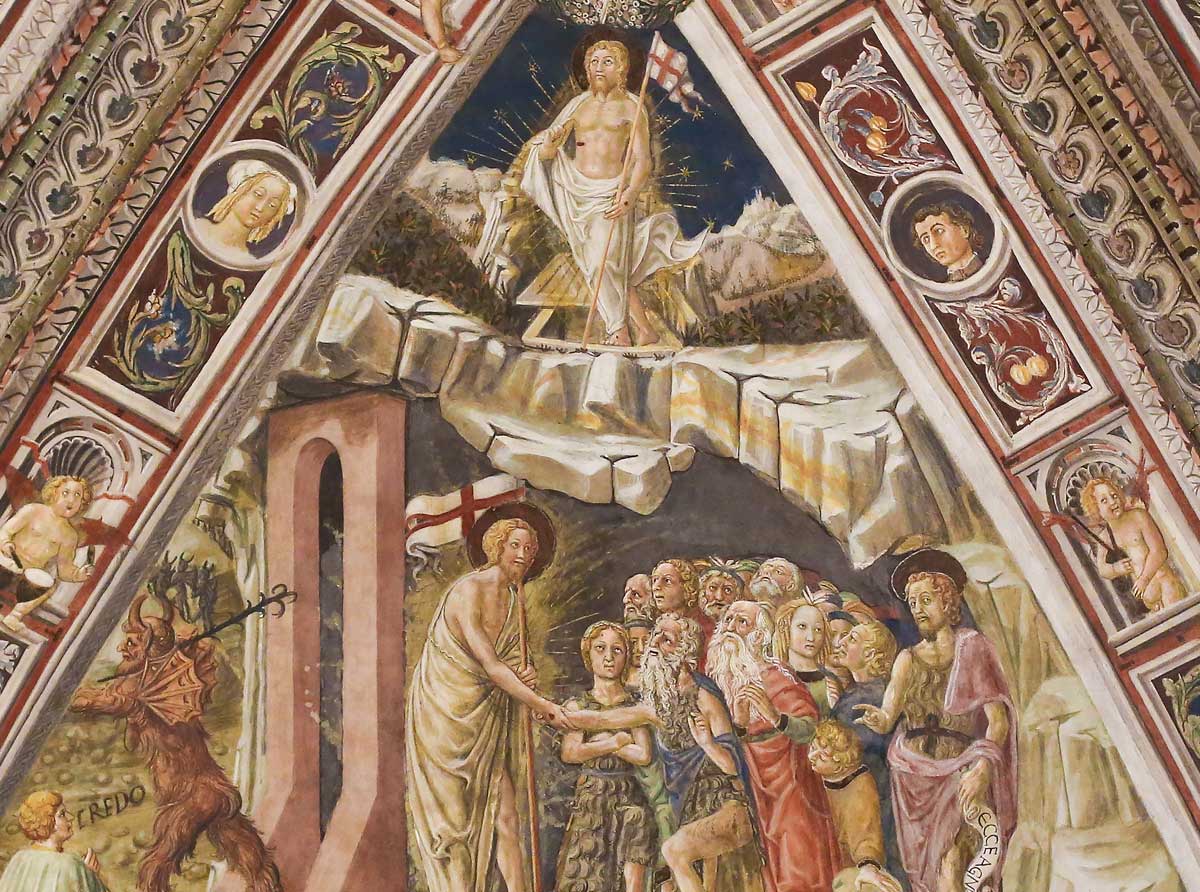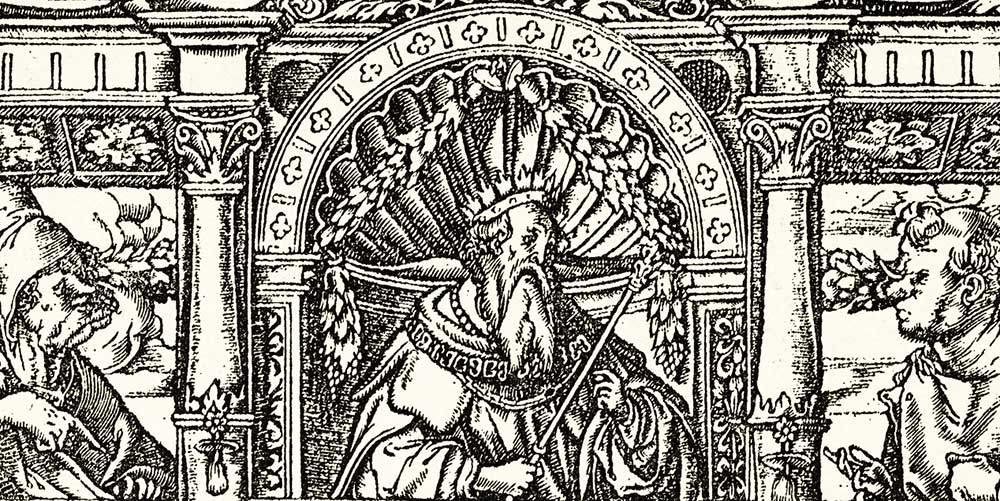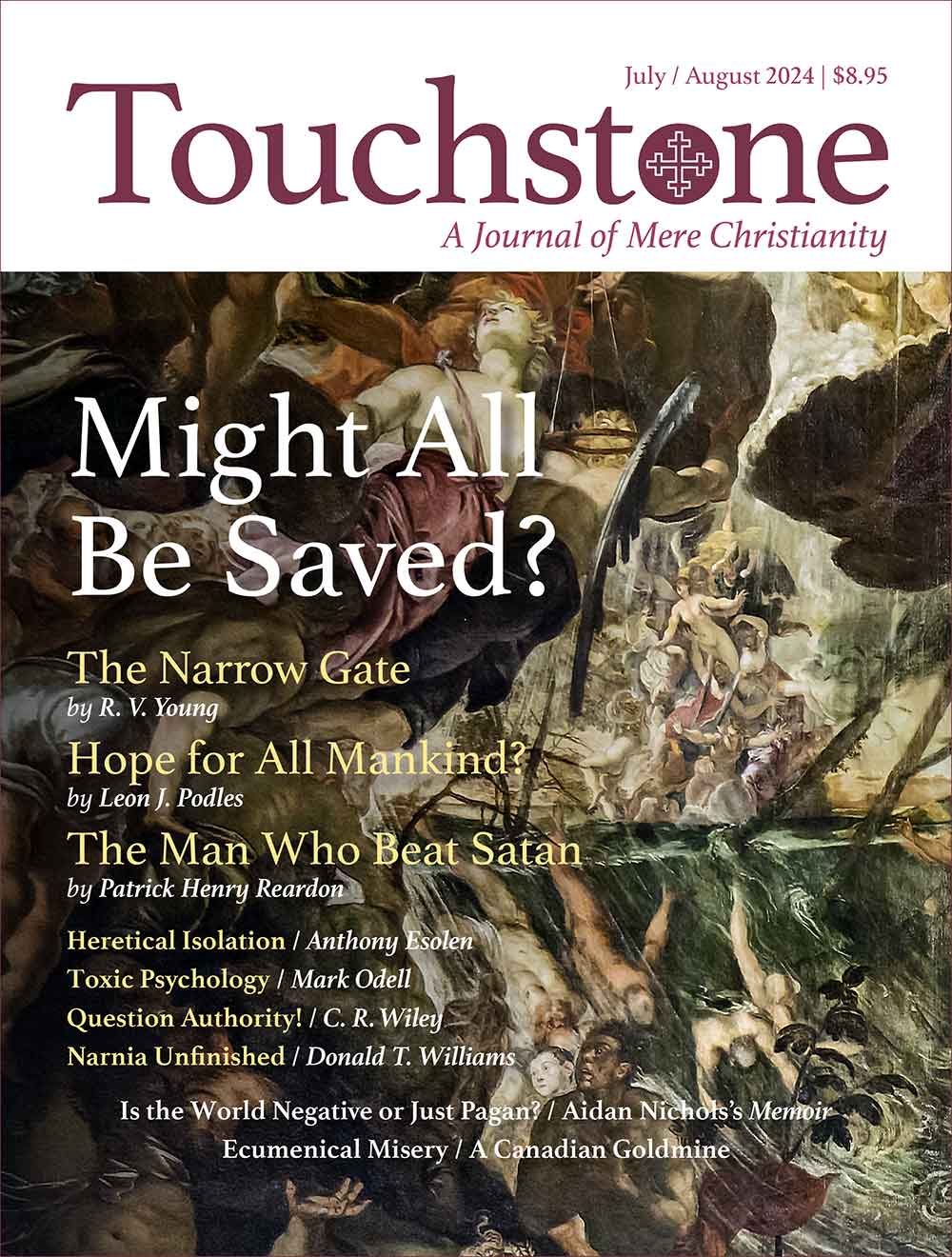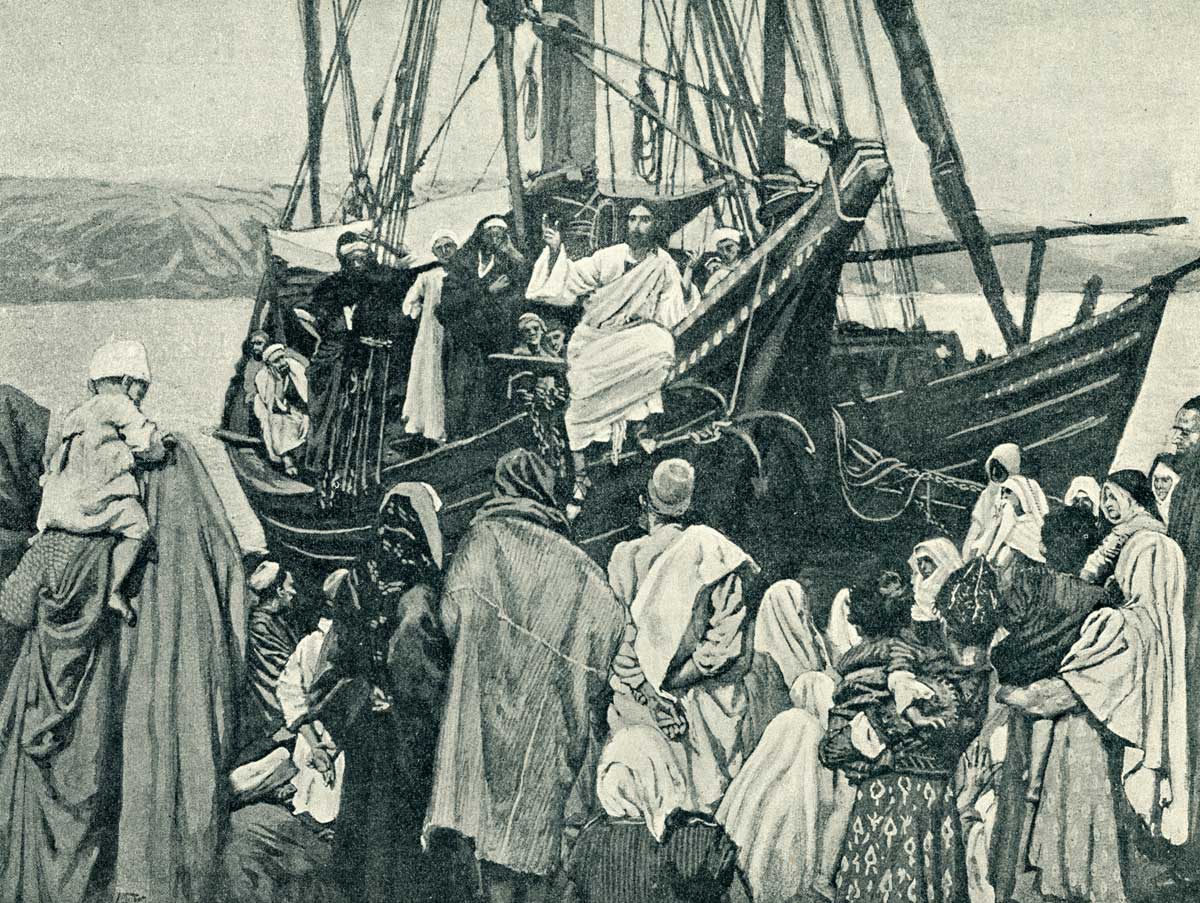Authorized Living
C. R. Wiley on the Necessity of Questioning Authority
I recall an old bumper sticker, once ubiquitous, which read: “Question Authority.” Perhaps it was a joke—that would explain the imperative mood—but I never detected irony. I don’t imagine that the sticker would be any less popular today, although the politics of the person driving the car might be different. It was surprising how compliant the people I associated with that sticker were during the covid unpleasantness—Howard Stern, for example.
Regardless of what you think of the covid measures (which we’re trying so assiduously to forget), the response to them demonstrated that even when authority is questionable, compliance is still strong, even in the “free world.” In fact, it is unquestionable that the people who considered themselves the most politically liberal were the least tolerant when it came to dissent on covid.
Perhaps this is a clue that even though a person, or institution, can misuse authority, authority itself, as both a social reality and a spiritual one, proves to be inescapable. I think this is at least implied in the story of the healing of the centurion’s servant found in Matthew 8:5–13:
When [Jesus] had entered Capernaum, a centurion came forward to him, appealing to him, “Lord, my servant is lying paralyzed at home, suffering terribly.” And he said to him, “I will come and heal him.” But the centurion replied, “Lord, I am not worthy to have you come under my roof, but only say the word, and my servant will be healed. For I, too, am a man under authority, with soldiers under me. And I say to one, ‘Go,’ and he goes, and to another, ‘Come,’ and he comes, and to my servant, ‘Do this,’ and he does it.” When Jesus heard this, he marveled and said to those who followed him, “Truly, I tell you, with no one in Israel have I found such faith. I tell you, many will come from east and west and recline at table with Abraham, Isaac, and Jacob in the kingdom of heaven, while the sons of the kingdom will be thrown into outer darkness. In that place there will be weeping and gnashing of teeth.” And to the centurion Jesus said, “Go; let it be done for you as you have believed.” And the servant was healed at that very moment.
The centurion located himself in an authority structure. That might seem perfectly understandable for a military man, but he also locates Jesus in a similar structure. In fact, he draws an exact parallel. He notes that he is answerable to others, and others are answerable to him. Then he says the same for Jesus—but he locates him much further up, and he says that Jesus shouldn’t condescend to visit his house.
And Jesus doesn’t correct him—either regarding the comparison or regarding his place in a hierarchy of authority. But this raises a question in my mind—is there one authority structure, or more than one? I think this is an important consideration because it raises questions about questioning authority. I’ll return to this before I’m done.
Victor Lee Austin, in his book Up with Authority, says something that sounds like what the centurion said: “an authority who is able to authorize the actions of others, is at the same time one whose own actions are authorized.” Authority, then, isn’t something we work up for ourselves out of nothing; it is somehow part of a larger reality that we are located in. Austin goes on to say, “To be in authority is to be authorized by someone or something beyond oneself.”
But what is this thing beyond oneself? If we don’t individually conjure up authority out of nothing, do we do so collectively? Or is there more to it than that?
Words to Consider
Austin conducts two valuable word studies in Up with Authority.
First, he examines the English word “authority,” which is obviously closely related to the word “author.” Both of these words are children of the Latin auctor—which means “father, creator, one who brings about, one who makes or creates”—literally, “one who causes to grow,” from augere, “to increase.”
That doesn’t sound questionable, or even authoritarian. And I think there is at least one way in which something of this sense is preserved today. Recently, I bought some shoes at the airport in Minneapolis, and the sales lady asked me why I was traveling. “To speak at a conference on authority,” I told her, and then she asked, “Are you speaking to parents or the police?” So there it is: an association of authority with parenthood still persists in the minds of regular people (although even this is now being questioned by irregular people).
But making—in all its manifestations, from finger-painting to building a high-tech company—is something like creating something out of thin air. I’m reminded of the first command of Creation, “Let there be light!”—something from nothing.
Here is where another word is helpful, the Greek word exousia. We find it in the story of the centurion and in many other places in the New Testament. In Up with Authority, Austin cites Gerhard Kittel’s Theological Dictionary of the New Testament to explain this term. Kittel notes that exousia “is the power displayed in the fact that a command is obeyed.” Then he elaborates:
From the beginning, authority is related to obedience; authority is not coercive (for obedience extracted under, for example, torture is hardly true obedience), yet neither is authority constituted by obedience. We might picture authority as a “downward” governance that is “displayed,” but not caused by an “upward” obedience. . . . [I]n the New Testament exousia is “the power which decides” but which functions “in a legally ordered whole” as a power given ultimately by God.
And now I’m back to the notion of authority structure and to my question: “Are there multiple authority structures or, in the final analysis, only one?” When we think about society, obviously there are more than one—we find them in everything from baseball teams to nation-states. But what about further up, at the cosmic level for instance? Yes, even there it appears that there are more than one, as Jesus noted in Matthew 12:22–32, where he says that the Lord of the Flies, Beelzebub, has one of his own. Then there’s Ephesians 6:12, where we’re told, “For we do not wrestle against flesh and blood, but against the rulers, against the authorities, against the cosmic powers of this present darkness.” Yes, the word translated “authority” here is indeed exousia.
So what do we make of this? What else can we make of it? Not only are there structures of authority (plural), but some of them are indeed questionable. Even more, we’re supposed to wrestle with them (we have it on the highest authority).
Metaphysics & Authority
So some authorities are to be obeyed, while others should be questioned. But how do we know which is which?
I think that exousia itself can serve as our divining rod. It is a compound word in Greek, meaning “out of being.” Authority here is connected to reality, to existence itself.
Here’s one way to think about it—authority brings things into being. An authority that doesn’t do that, or that diminishes other beings, should therefore be questioned. Taking this to the highest level also takes us to the most foundational level—to creation itself. We’re born into a world that comes ready-made. Whatever we make of it must fundamentally be in keeping with it; otherwise, it is questionable.
Speaking philosophically, when I say, “being,” or “ontology,” or even “metaphysics,” my students’ eyes glaze over, and I can tell that those words don’t play in Peoria. But “Life” with a capital “L” does. The god of the philosophers may be an acquired taste, like sushi, but in the command, “Let there be light!” is something else entirely. Everyone wants to see. And the same can be said for life. We live by God’s command, and Christians believe we will live again by his command, as we perceive when Jesus authoritatively says, “Lazarus, come forth!”
Should we consider the “Prince of the Power of the Air” an authority at all, then? Yes, but ironically. The “Father of Lies” makes by unmaking. His authority structure is parasitic, which shouldn’t surprise us. Only the highest authority can make something out of nothing, and even demons must obey his command.
C. R. Wiley is a pastor living in the Pacific Northwest. He is the author of The Household and the War for the Cosmos and In the House of Tom Bombadil. He is also a co-host of The Theology Pugcast. He is a senior editor of Touchstone.
subscription options
Order
Print/Online Subscription

Get six issues (one year) of Touchstone PLUS full online access including pdf downloads for only $39.95. That's only $3.34 per month!
Order
Online Only
Subscription

Get a one-year full-access subscription to the Touchstone online archives for only $19.95. That's only $1.66 per month!
bulk subscriptions
Order Touchstone subscriptions in bulk and save $10 per sub! Each subscription includes 6 issues of Touchstone plus full online access to touchstonemag.com—including archives, videos, and pdf downloads of recent issues for only $29.95 each! Great for churches or study groups.
Transactions will be processed on a secure server.
more from the online archives

14.6—July/August 2001
The Transformed Relics of the Fall
on the Fulfillment of History in Christ by Patrick Henry Reardon
calling all readers
Please Donate
"There are magazines worth reading but few worth saving . . . Touchstone is just such a magazine."
—Alice von Hildebrand
"Here we do not concede one square millimeter of territory to falsehood, folly, contemporary sentimentality, or fashion. We speak the truth, and let God be our judge. . . . Touchstone is the one committedly Christian conservative journal."
—Anthony Esolen, Touchstone senior editor









